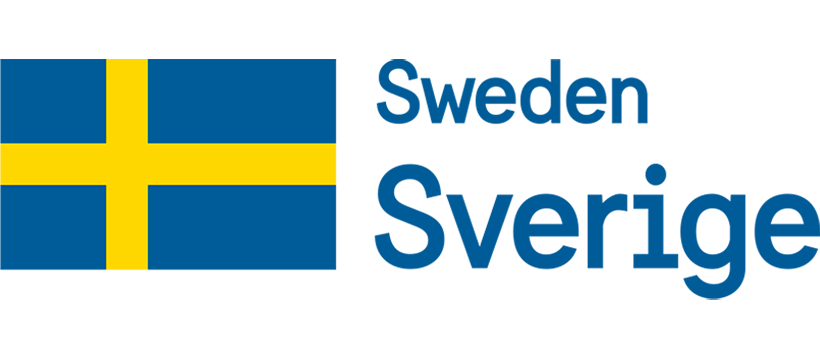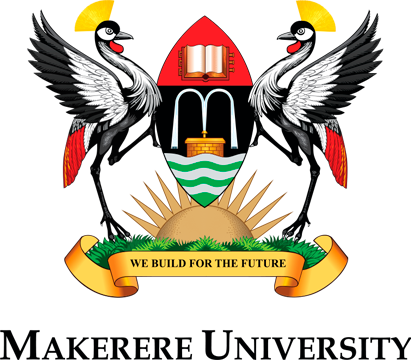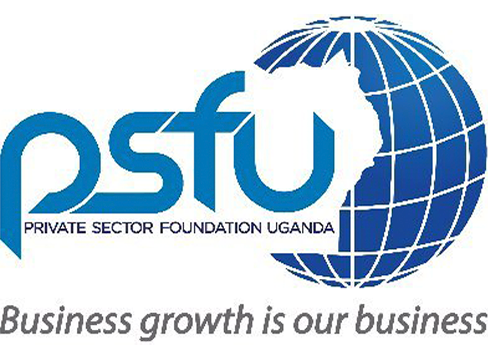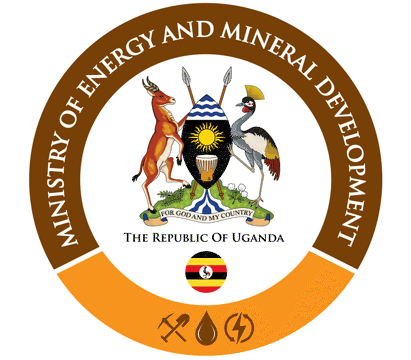IMEU Advocates for Energy Efficiency at Uganda’s Energy Week
April 15, 2024
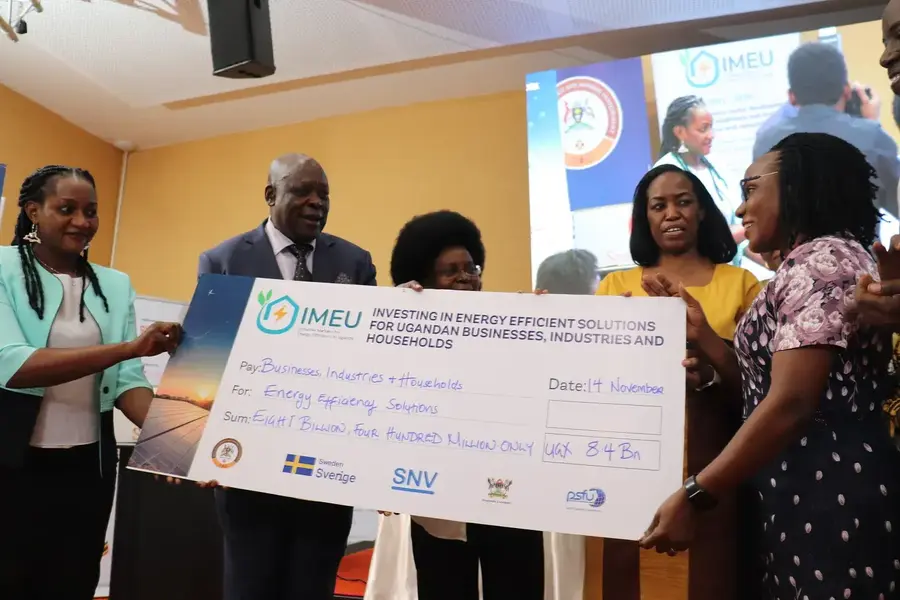
On November 14, 2023, SNV collaborated with the Ministry of Energy and Minerals Development (MEMD) and other development partners to inaugurate Energy Week 2023 in Uganda. The conference, under the theme “Energy Efficiency, Endless Benefits,” marked the initiation of the Energy Efficiency Accelerator Network (EEAN), a platform designed to enhance coordination among stakeholders in Uganda’s energy sector.
The EEAN aims to promote discussions on energy efficiency policies, regulations, practices, financing, and markets. It also endeavours to tackle the barriers hindering energy efficiency in Uganda by creating a collaborative space where key players can collectively surmount these challenges.
Keynote speaker Hon. Dr Peter Lokeris, Minister of State for Minerals, stated, “Energy efficiency is paramount, offering advantages such as cost reduction, reduced reliance on imported energy, and environmental preservation. Amid escalating energy costs and shortages, energy efficiency emerges as our solution for a sustainable future with minimal environmental impact. We actively promote energy efficiency across sectors, with strategic measures outlined in the Energy Policy 2023. The Energy Efficiency and Conservation Bill 2023 includes diverse measures, such as support for electric mobility through energy service companies.”
Other speakers underscored the extensive benefits of energy efficiency, from cost savings to emission reductions. They cited environmentally friendly technologies like solar water pumps and electric stoves as examples of sustainable practices.
Ms. Irene Bateebe, Permanent Secretary MEMD, identified obstacles to energy efficiency, including limited public awareness, insufficient technology availability, perceived high initial costs, substandard products, constrained financing for scalability, and inadequate policy enforcement
Ms. Phomolo Maphosa, SNV in Uganda Country Director, emphasised SNV’s active role in overcoming these barriers. “SNV conducts awareness campaigns and provides catalytic grants to businesses, fostering innovation and financial viability. Moreover, SNV strives to make energy-efficient technologies accessible by developing sustainable and inclusive markets in Uganda.”
She highlighted SNV’s energy projects, including the African Biodigester Component project, which promotes biodigester technologies in agriculture, providing clean cooking solutions, and the Sustainable Energy for Smallholder Farms initiative, which aims to enhance agricultural productivity through accessible energy solutions, supported by the IKEA Foundation and EnDev.
She particularly spotlighted the Inclusive Markets for Energy Efficiency in Uganda (IMEU) project, funded by the Embassy of Sweden, for its pivotal role in establishing the EEAN. IMEU “The EEAN network will strengthen coordination and collaboration among sector actors and aims to develop Uganda’s sustainable energy efficiency market,” she stated.
The IMEU project addresses energy financing barriers by incorporating a market development fund, awareness campaigns, and capacity-building initiatives. The goal is to establish sustainable markets for energy-efficient products and services, benefiting over 600,000 individuals. “At SNV [under IMEU], we have been actively addressing some barriers through energy-efficiency behavioural change campaigns, capacity strengthening, de-risking grant financing, and promoting institutional coordination through stakeholder engagements,” she noted.
She explained: “A prime example of our efforts is our investment in energy-efficiency interventions in tea factories. These factories are significant consumers of electrical and thermal energy. Their over-reliance on firewood for tea processing and diesel for power generation results in a substantial environmental impact. Implementing energy-efficiency interventions in a tea processing factory with monthly energy consumption exceeding two million kilowatt-hours from the grid, diesel, and firewood, and up to UGX190 million in energy costs could lead to annual cost savings of up to UGX600 million and prevent up to 480 tons of CO2 emissions, demonstrating the tangible benefits of energy efficiency.”
Among the key areas the EEAN will address are:
- Enhancing education and promoting the adoption of minimum energy performance standards and appliance labelling for energy-efficient technologies, including electric cookstoves, ethanol cookstoves, improved biomass cookstoves, energy-efficient lighting, motors, and building materials.
- Formulating and disseminating specific energy efficiency regulations upon finalising and approving Uganda’s draft Energy Efficiency Bill.
- Collaborating with financial institutions to create affordable financial products, encouraging increased investment in energy-efficient technologies among businesses.
- Advocating for and disseminating energy performance reporting requirements in buildings, adhering to energy efficiency guidelines.
- Bolstering collecting, analysing, and disseminating energy efficiency-related data and research across various sectors, including household, agriculture, construction, transport, and industry.
The event featured key EEAN partners, including the United Nations Development Programme (UNDP), Deutsche Gesellschaft für Internationale Zusammenarbeit (GIZ), Embassy of Sweden (EoS) in Uganda, Ministry of Energy and Mineral Development (MEMD), Makerere’s College of Engineering, Design and Technology and (CEDAT), East African Centre of Excellence for Renewable Energy and Efficiency (EACREEE), Energy Efficiency Association of Uganda (EEAU) and the Private Sector Foundation Uganda (PSFU).
Related Stories:
• New Vision: SNV, Partners to Invest sh.11bn in energy efficiency [Published November 13, 2023]
By SNV in Uganda Communications Department

